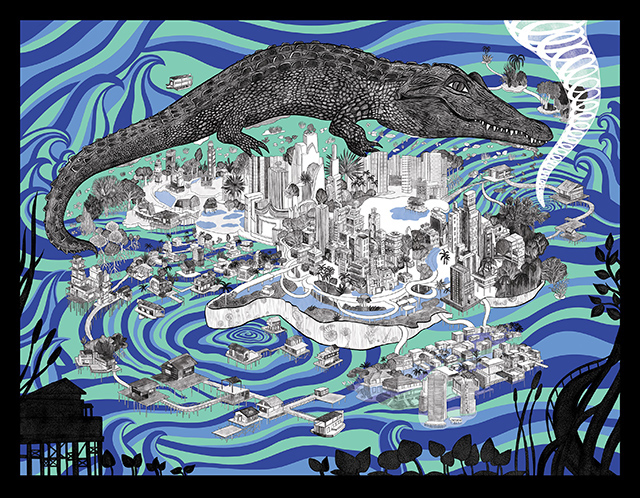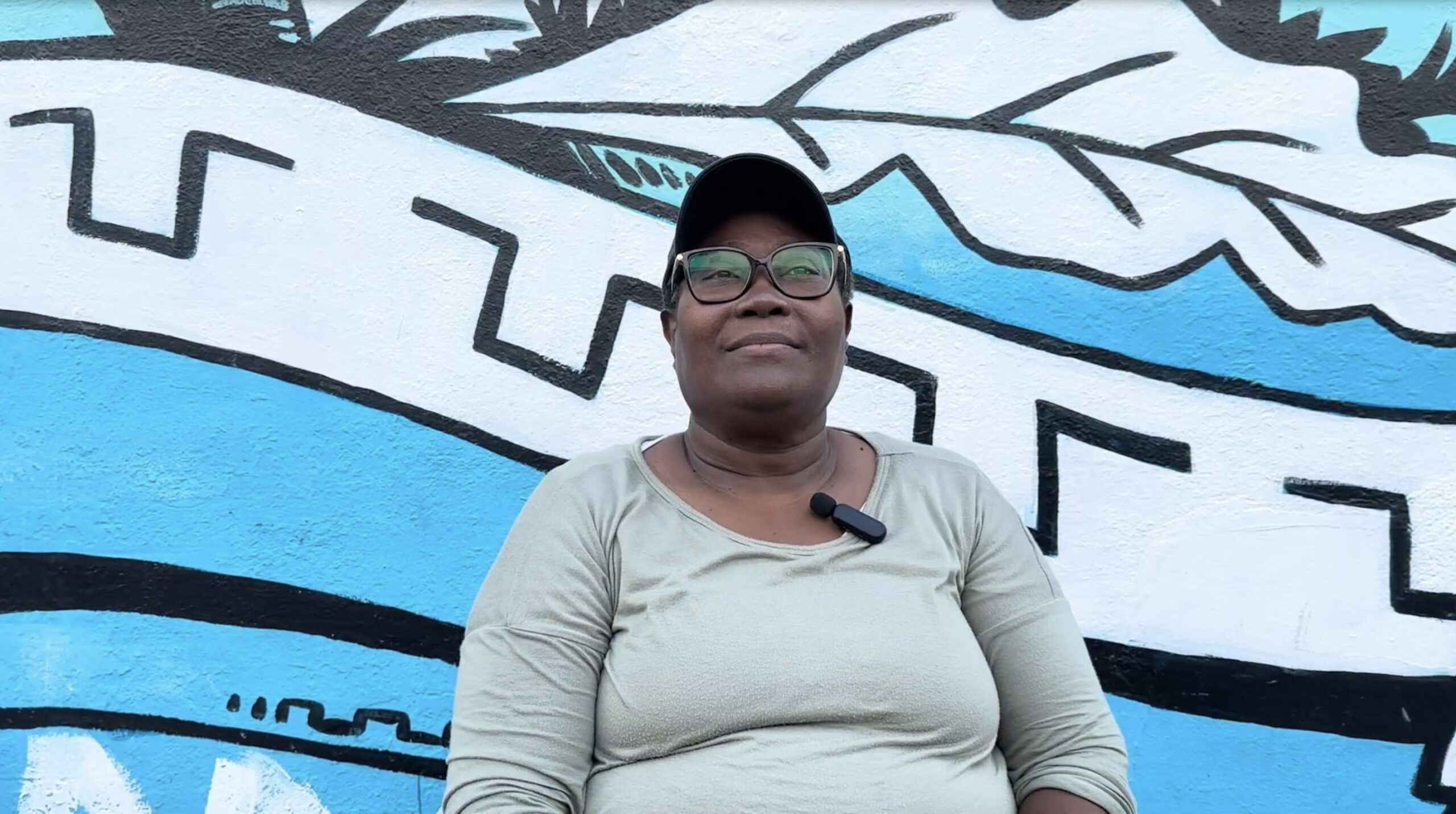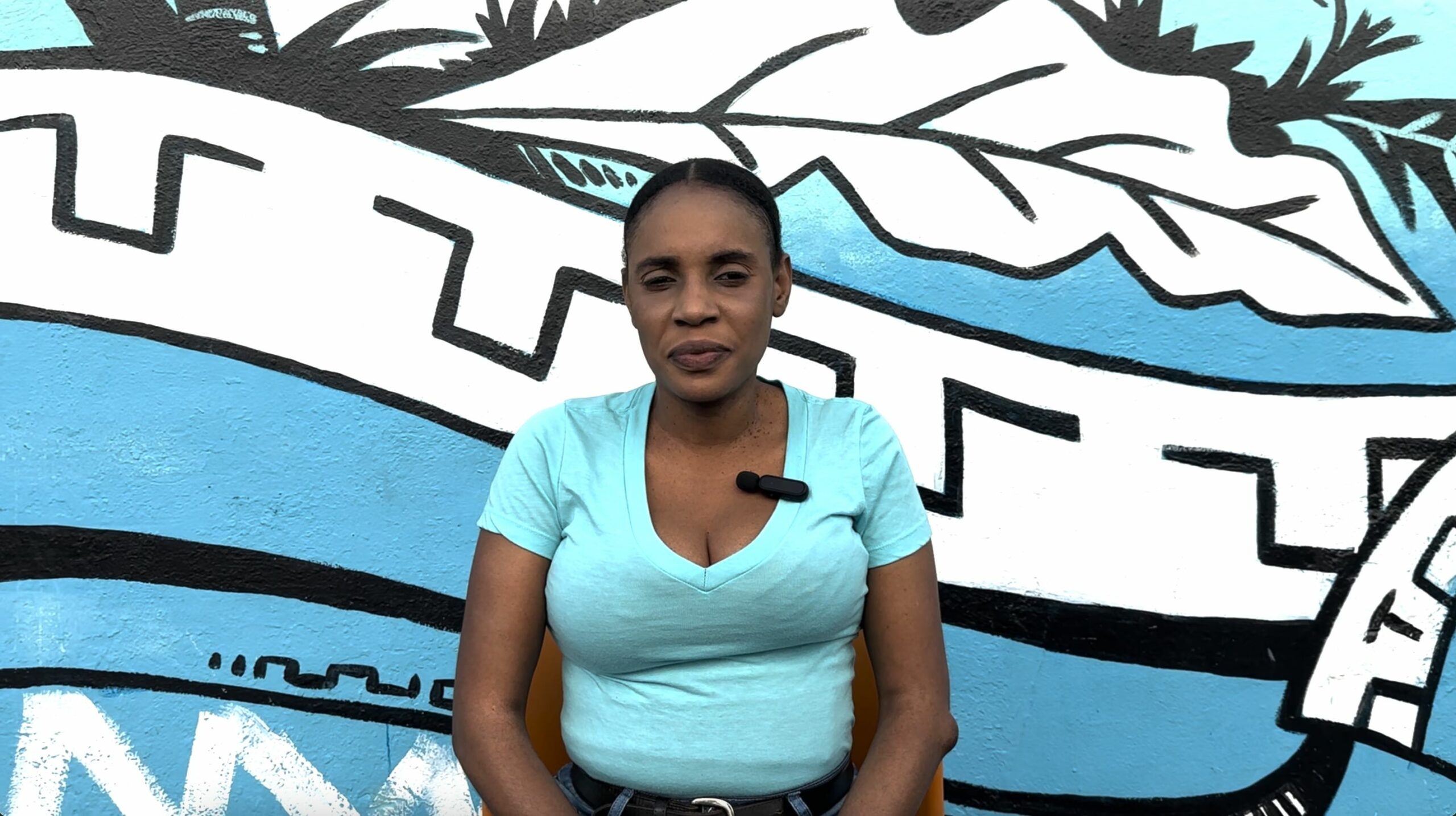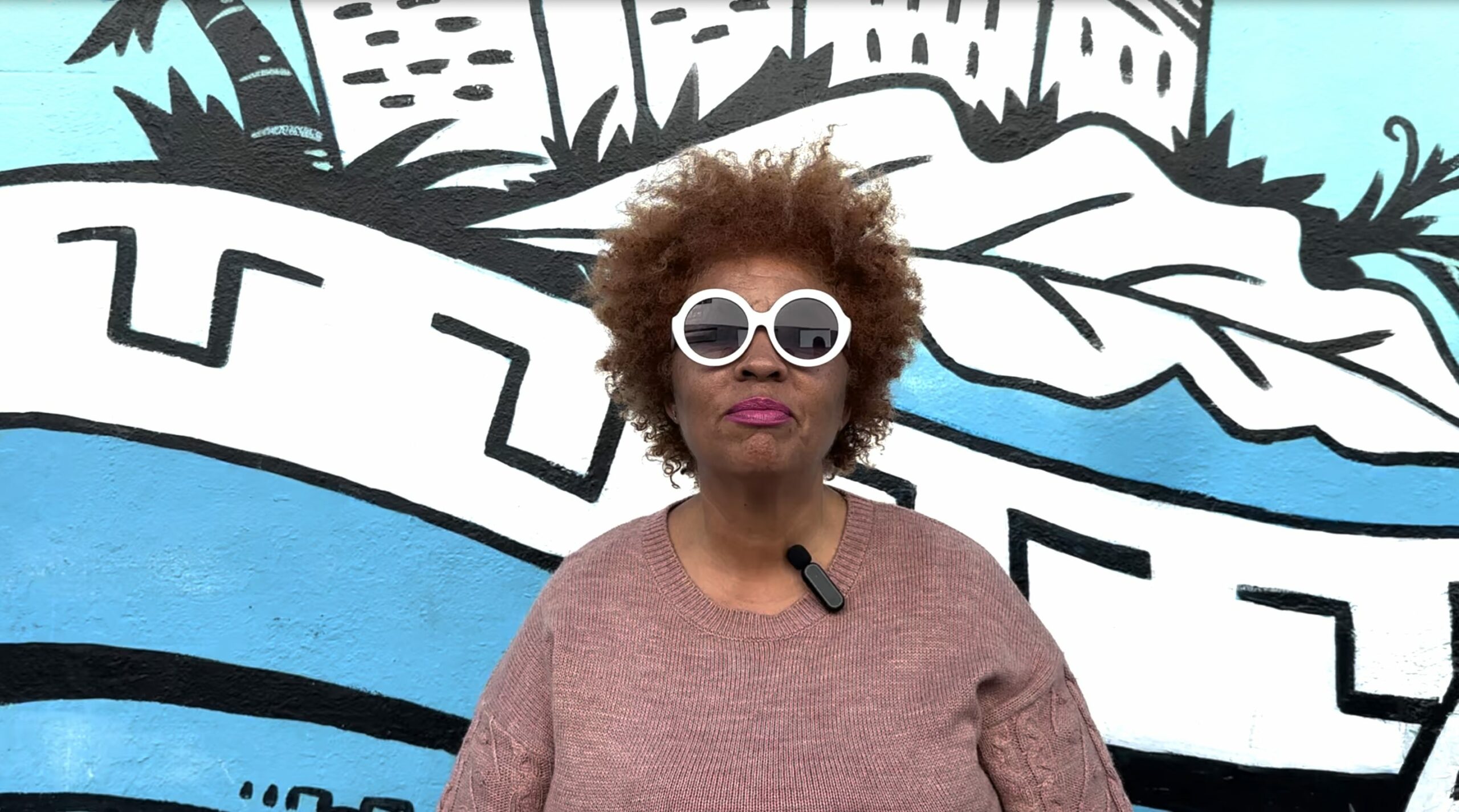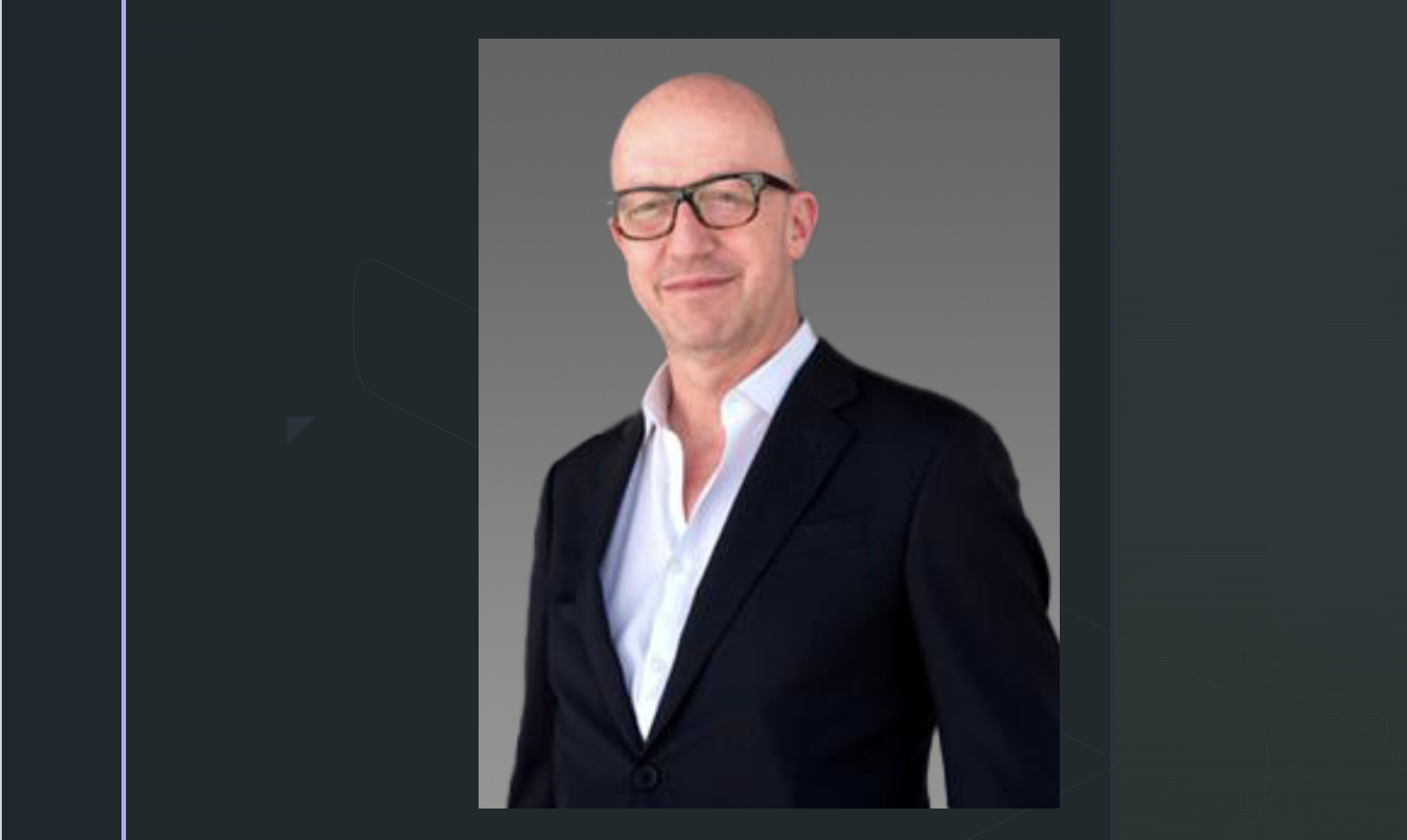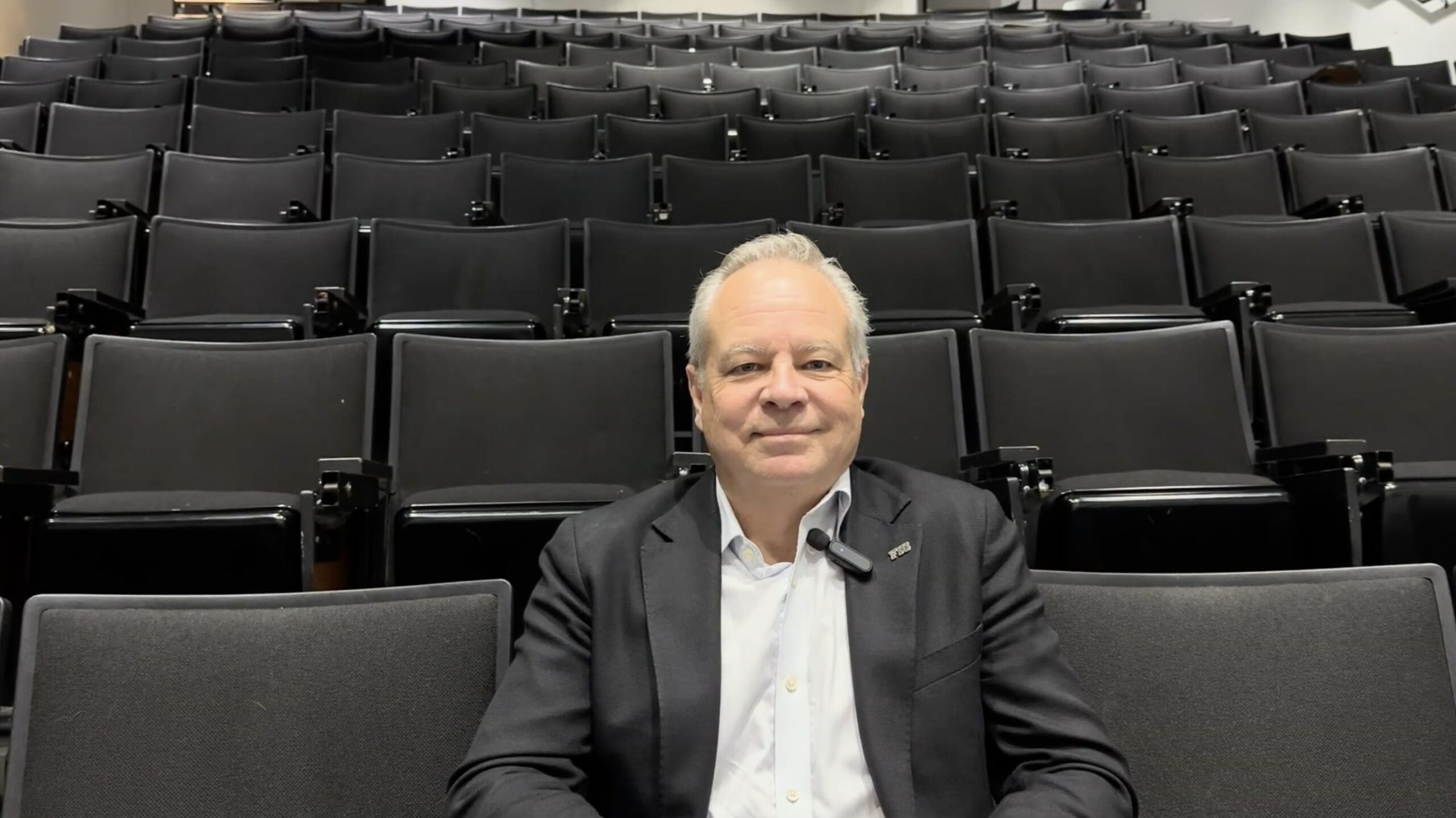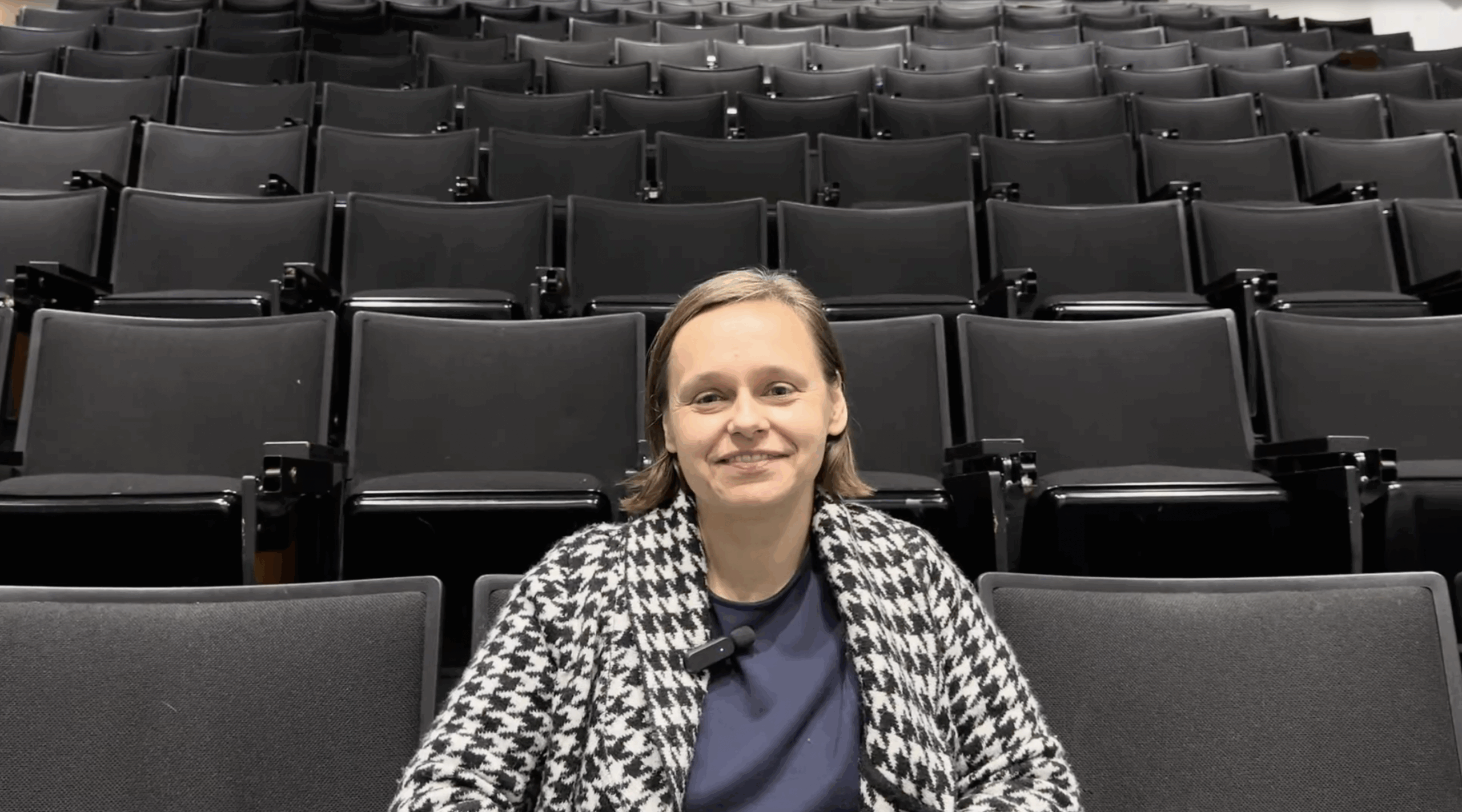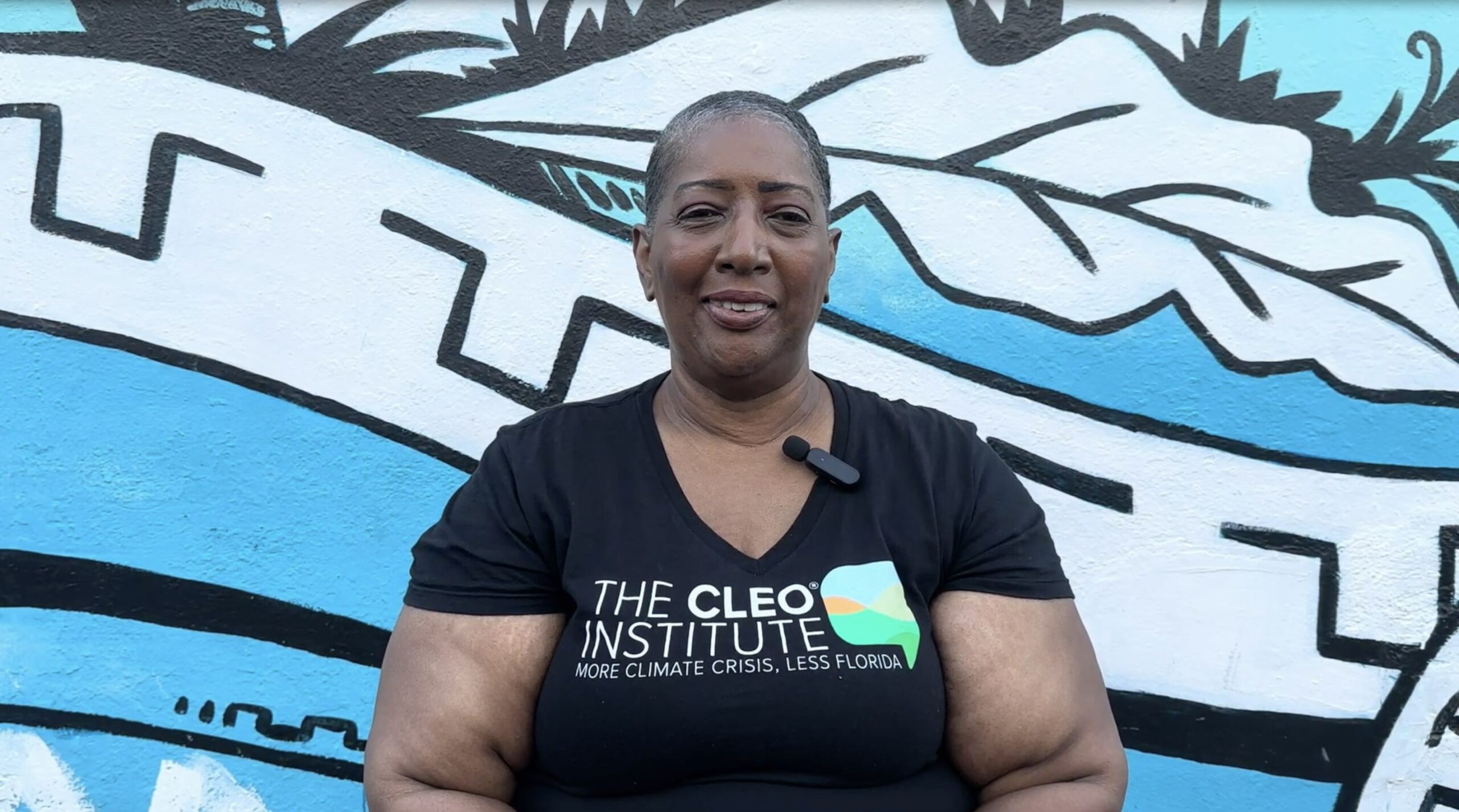
Bereatha Howard, coordinator of the Empowering Resilient Women climate resilience programme at The CLEO Institute, shares her experience and the impact of her work with women in the Miami community. Through this programme, she helps women understand and respond to the challenges posed by climate change, while strengthening their role as leaders within their communities.
A programme focused on women’s empowerment
The Empowering Resilient Women programme aims to be a lever for change in the Miami community, where women play a central role in responding to climate crises. ‘We are located in a community centre in the middle of many areas where women live. This makes it more convenient for them.’ The programme aims to provide participants with practical tools and resources to understand climate issues and take proactive action. « We offer childcare services so that women can participate in activities without worrying about their children,‘ Bereatha explains. She also emphasises the importance of early awareness: ’Children are also made aware of climate change at their level. »
Community support and strategic partnerships
The programme’s goal is to empower women while promoting collective solutions. “We offer the community meetings with speakers, explains Bereatha. These partnerships provide a wide range of information and resources to the community. “We want people to understand climate change and how it affects not only their health but also the economy of their neighbourhoods. » The programme therefore places a strong emphasis on environmental education and leadership, aiming to equip women with the tools they need to become agents of change in their communities.
An action- and leadership-focused programme
One of the most striking aspects of this programme is the way it trains women to become leaders in their own communities. ‘Most of the people involved in this programme are leaders in their communities. We want to take them to the next level and teach them leadership skills,’ Bereatha explains. The programme helps women speak up and actively participate in discussions about climate change. « Many of them have learned to make their voices heard. Before, they didn’t know how to talk to their politicians, but now they have that courage. »*
A message of hope in the face of climate change challenges
Bereatha expresses great pride in the programme’s progress and the impact it has had on the participants. “Since joining the programme, many of them have learned to stand up for themselves, make themselves heard and defend their rights. It’s a real change for them and for the community.” She emphasises the importance of this awareness, which goes beyond the individual to extend to the community and the government. “They understand that it’s important to get involved, not only internally but also at the community and government levels.”
Preparation and resilience in the face of natural disasters
The programme not only educates participants about climate change, but also prepares them to deal with natural disasters such as hurricanes. “One of the most valuable things to me is my own family. I had to explain to my father that this wasn’t normal Miami heat, but a phenomenon linked to climate change.” Bereatha takes hurricane preparedness seriously, emphasising the importance of preparing in advance. ‘It’s better to prepare in advance, rather than waiting until the last minute.’ She also emphasises self-reliance: ‘Take care of yourself, take care of your family. Don’t depend on the government. There are things you can do yourself to make sure you and your family are okay.’
Hope for younger generations
Finally, Bereatha shares a message of hope for younger generations: ‘The message of hope is to tell them not to dwell on the mistakes of previous generations, but to do better and make a difference.’ She highlights the strength of young people, their ability to change things and play an active role in the fight against climate change. ‘Children have the ability to change things, and change starts with them.’
Testimonies from the same panel
